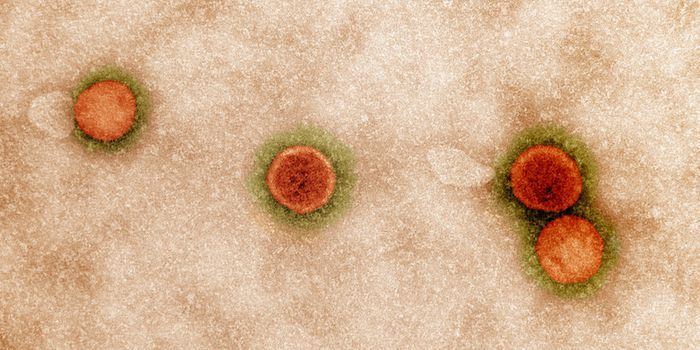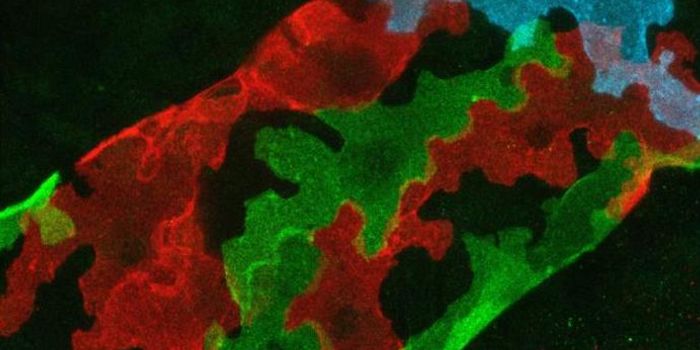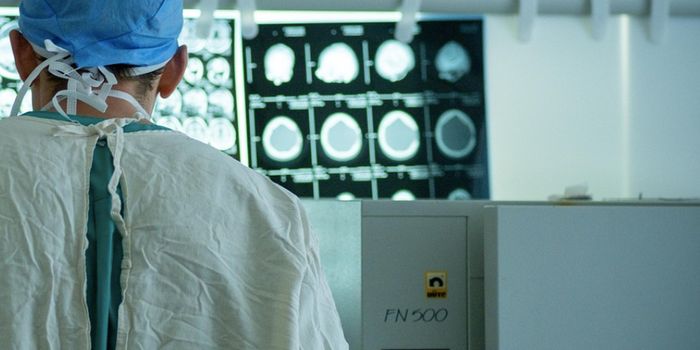Fat Cells Help the Liver Regulate Energy During Fasting
New work reported in Science could initiate an update in a lot of biology textbooks. Mammals can keep metabolism in check during all the different phases of the day, maintaining levels of critical molecules that keep our body supplied with energy. The new research indicated that fat cells step in to help the liver keep control of the levels of those molecules, one of which is uridine, used in important processes like constructing RNA molecules, synthesizing proteins, and keeping glucose stored as an energy reservoir. This work, by scientists at UT Southwestern Medical Center, could have effects on illnesses like cancer, diabetes and neurological diseases.
"Like glucose, every cell in the body needs uridine to stay alive. Glucose is needed for energy, particularly in the brain's neurons. Uridine is a basic building block for a lot of things inside the cell," expained Dr. Philipp Scherer, senior author of the study and Director of UT Southwestern's Touchstone Center for Diabetes Research.
"Biology textbooks indicate that the liver produces uridine for the circulatory system," said Dr. Scherer, who is also a Professor of Internal Medicine and Cell Biology. "But what we found is that the liver serves as the primary producer of this metabolite only in the fed state. In the fasted state, the body's fat cells take over the production of uridine."
In a sense, the body is able to delegate various roles as needed during certain times. The liver gets busy making glucose during periods of fasting, and it is then that fat cells start to produce uridine for release into the bloodstream. The scientists confirmed their findings in various models including mouse, rats and in humans.
This is the first study to indicate this role for fat cells; they have not been known to create plasma uridine in times of fasting and that through uridine production, fat cells help regulate the energy glance of the body.
The lead author of the report, Dr. Yingfeng Deng, an Assistant Professor of Internal Medicine, determined that during fasting, blood uridine levels go up during fasting and then go down during feeding. While feeding is happening, there is a reduction in uridine levels as the liver slows uridine secretion into bile. The bile the gets transferred to the gallbladder, then it moves on to the gut, and there it aids in nutrient absorption.
"It turns out that having uridine in your gut helps you absorb glucose; therefore uridine helps in glucose regulation," said Dr. Scherer.
Uridine travels through the blood and eventually reaches the hypothalamus in the brain, where it exerts an effect on another system under tight regulation - body temperature, Dr. Scherer added. It seems only uridine that comes from fat cells lowers body temperature, he said.
"Our studies reveal a direct link between temperature regulation and metabolism, indicating that a uridine-centered model of energy balance may pave the way for future studies on uridine balance and how this process is dysregulated in the diabetic state," Dr. Scherer said.
Check out an interview with Dr. Scherer, who won the Banting Medal for Scientific Achievement, in the video.
Sources: AAAS/Eurekalert! via UT Southwestern, Science









